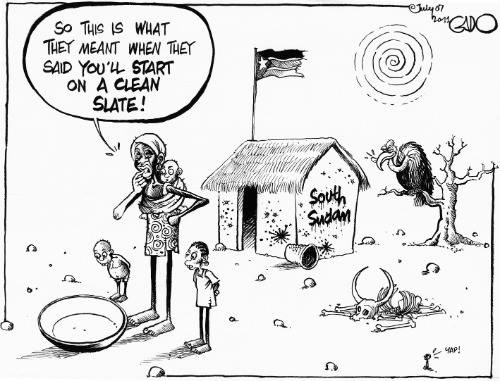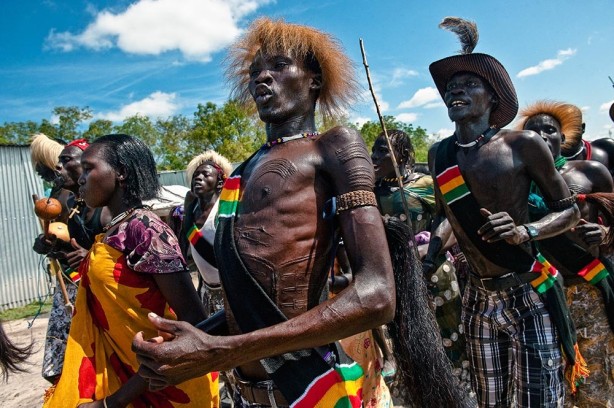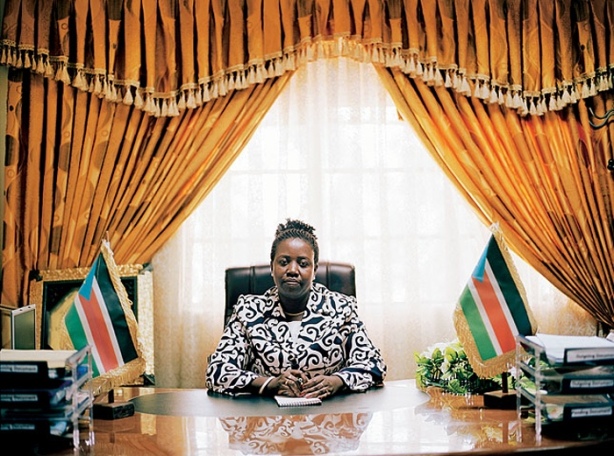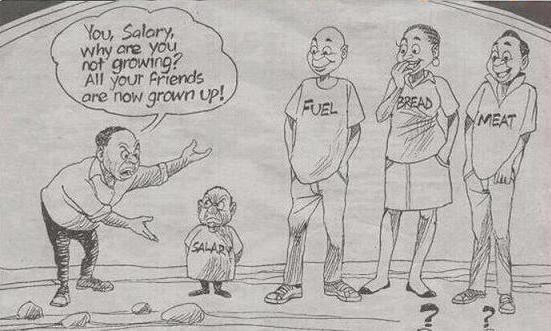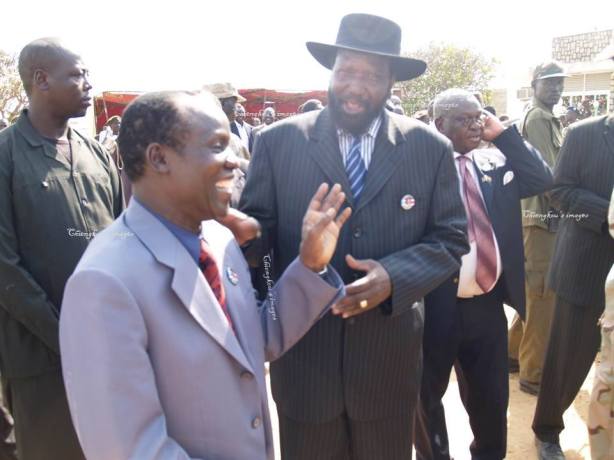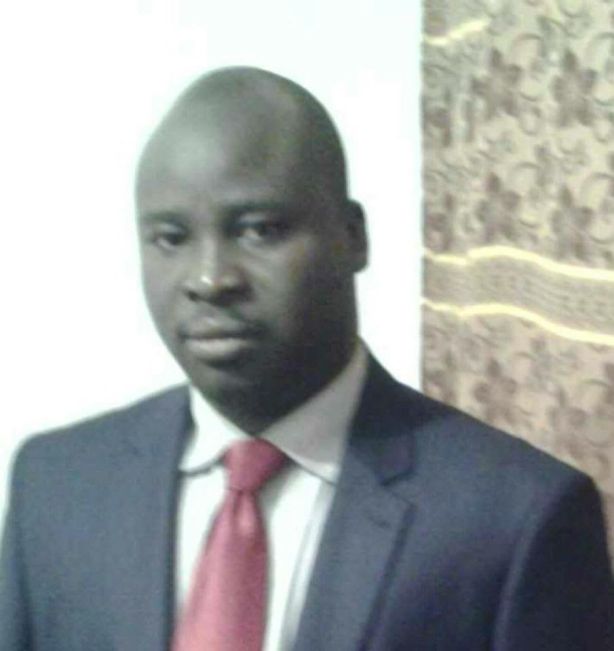The constraints in the Practice of Journalism Profession
By Hon. Arop Madut Arop, Nairobi, Kenya
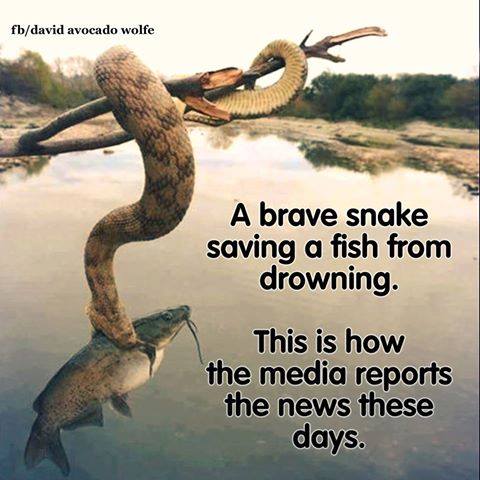
March 29, 2017 (SSB) — As the whole article is entirely about the abuse of journalism profession, it would be important to look at the work and constraints journalists encounter as they go about their work and their relations with the management of the news organisation they work for. As the central theme of the article discusses about the abuse of the journalism profession and the need to rectify it, we will now discuss the constraints that do confront reporters in their daily practice of journalism. It will also be useful to mention the set of categories that are involved in the operations of the press/media industry before we delve into the subject matter. Basically, there are four set of categories involved in the practice of journalism profession.
In the first category, are the news players (politicians, Executives). In the second category, are the news organisers (media houses). The third category consists of the news producers (Journalists/reporters). In the fourth category, are the news consumers (the general public). The war between these sets of categories involved in the operation of journalism practice, does make it necessary to discuss the role each one bring to bear on the other. This move restricts the free flow of information to the intended: reading, listening and viewing audiences. I must stress that, the skill in collecting information is never a smooth running affairs because journalists face lot of difficulties between the news organisers and the news makers on the one hand and the news organisations on the news producers on the other hand.
One of the most important constraints in the practice of journalism, according to mass communication theory, has to do with the agenda setting function of the print media (newspapers). This theory suggests that newspapers organisers and managers often set news agenda for readers by concentrating and carrying in their papers news stories about significant events for the benefits of their businesses. To realise fullest expression of this theory requires the contribution of both journalists and the owners of the news organisations. However, evidence from day to day practice points to the fact that, newspapers are not capable in carrying news reports about all that goes on around the world, as expected. In essence, news organisations do arrange things in such away so that staff and resources available could meet the expected flow of news. Where possible, news reports are therefore managed to fit the needs of the news organisations, regardless.
(more…)





